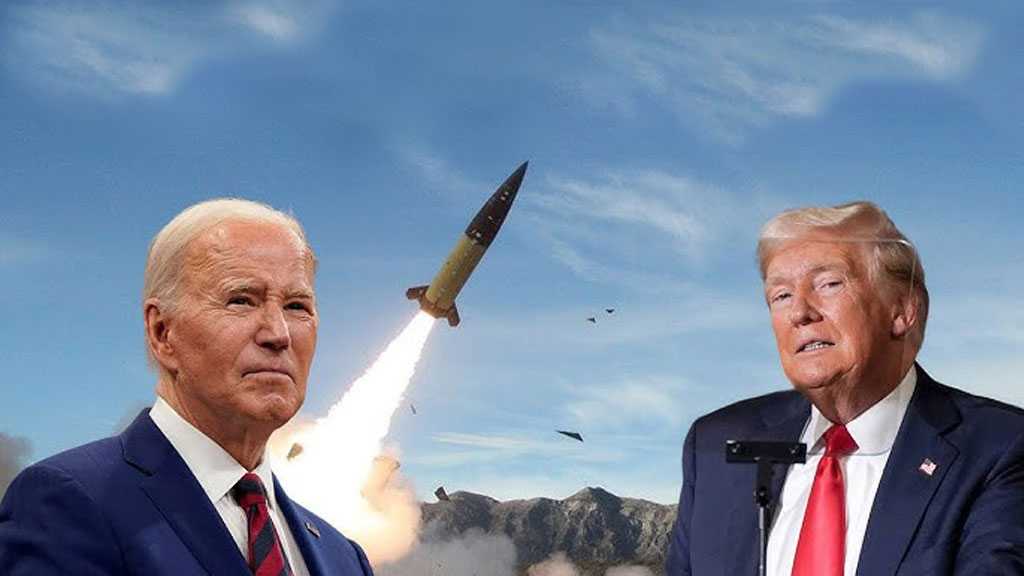
US defiant amid new cluster ban push

Source: alalam.ir, 17-05-2008
UNITED NATIONS-The UN sees renewed chances for a global ban on cluster bombs as more than 100 nations gather in the Irish capital to finalize an anti-cluster munitions treaty.
Cluster munitions open in mid-air and scatter as many as several hundred "bomblets" over wide areas. They often fail to explode, creating virtual mine fields that can kill or injure anyone who comes across them.
The UN Development Program (UNDP) says cluster munitions have caused more than 13,000 confirmed injuries and deaths around the world, the vast majority of them in Laos, Vietnam, Afghanistan, Iraq and Lebanon.
UNDP associate administrator Ad Melkert said there was an increasing "awareness that leaving so many devices spread around is taking away the peace from people after conflicts, particularly for children".
The so-called Oslo process against the bombs began three years ago and is modeled on the campaign against anti-personnel land mines, which led to the 1999 Ottawa Treaty banning them.
Melkert said UN Secretary-General Ban Ki-moon was playing a key role in the Norwegian-led campaign against cluster bombs by actively advocating a ban.
The top producers, users and stockpilers of cluster bombs -- the United States, the occupying 'Israeli' regime, China, Russia, India and Pakistan -- will skip the conference.
Diplomats say Washington is encouraging allies to adopt positions that could lead to a watered-down treaty.
The US and a handful of other states continue to insist on their need to use cluster bombs, defying global calls to abandon the use of the weapon.
Benjamin Chang, a spokesman for the US mission to the United Nations, said: "We are opposed to any ban on cluster munitions. We do not believe they are indiscriminate weapons."
Cluster munitions are an indispensable part of the US arsenal, said Richard Kidd, director of the State Department's Office of Weapons Removal and Abatement.
"US forces simply cannot fight by design or by doctrine without holding out at least the possibility of using cluster munitions," he said.
Melkert said there are billions of unused cluster munitions stockpiled by some 75 countries. Most of those countries are now backing a treaty banning such weapons.
But US allies such as Britain, Denmark, France, Germany, Japan, the Netherlands and Sweden are lobbying for the exclusion of some cluster bombs from the ban, diplomats said.
Some also are pushing for a transition period during which the devices could still be used.
They are calling for deletion of a clause in the draft treaty -- approved in New Zealand this year -- that bars signatories from engaging in joint operations with countries actively using cluster munitions.
Patricia Lewis, director of the UN Institute for Disarmament Research in Geneva, warned many of the cluster munitions in Western inventories are outdated and due to be replaced.
She warned that the obsolete munitions would be sold cheap to poorer countries, which could lead to the spread of the weapon.
Without the treaty, "clusters would become a weapon of choice for a wide range of countries," she said.
UNITED NATIONS-The UN sees renewed chances for a global ban on cluster bombs as more than 100 nations gather in the Irish capital to finalize an anti-cluster munitions treaty.
Cluster munitions open in mid-air and scatter as many as several hundred "bomblets" over wide areas. They often fail to explode, creating virtual mine fields that can kill or injure anyone who comes across them.
The UN Development Program (UNDP) says cluster munitions have caused more than 13,000 confirmed injuries and deaths around the world, the vast majority of them in Laos, Vietnam, Afghanistan, Iraq and Lebanon.
UNDP associate administrator Ad Melkert said there was an increasing "awareness that leaving so many devices spread around is taking away the peace from people after conflicts, particularly for children".
The so-called Oslo process against the bombs began three years ago and is modeled on the campaign against anti-personnel land mines, which led to the 1999 Ottawa Treaty banning them.
Melkert said UN Secretary-General Ban Ki-moon was playing a key role in the Norwegian-led campaign against cluster bombs by actively advocating a ban.
The top producers, users and stockpilers of cluster bombs -- the United States, the occupying 'Israeli' regime, China, Russia, India and Pakistan -- will skip the conference.
Diplomats say Washington is encouraging allies to adopt positions that could lead to a watered-down treaty.
The US and a handful of other states continue to insist on their need to use cluster bombs, defying global calls to abandon the use of the weapon.
Benjamin Chang, a spokesman for the US mission to the United Nations, said: "We are opposed to any ban on cluster munitions. We do not believe they are indiscriminate weapons."
Cluster munitions are an indispensable part of the US arsenal, said Richard Kidd, director of the State Department's Office of Weapons Removal and Abatement.
"US forces simply cannot fight by design or by doctrine without holding out at least the possibility of using cluster munitions," he said.
Melkert said there are billions of unused cluster munitions stockpiled by some 75 countries. Most of those countries are now backing a treaty banning such weapons.
But US allies such as Britain, Denmark, France, Germany, Japan, the Netherlands and Sweden are lobbying for the exclusion of some cluster bombs from the ban, diplomats said.
Some also are pushing for a transition period during which the devices could still be used.
They are calling for deletion of a clause in the draft treaty -- approved in New Zealand this year -- that bars signatories from engaging in joint operations with countries actively using cluster munitions.
Patricia Lewis, director of the UN Institute for Disarmament Research in Geneva, warned many of the cluster munitions in Western inventories are outdated and due to be replaced.
She warned that the obsolete munitions would be sold cheap to poorer countries, which could lead to the spread of the weapon.
Without the treaty, "clusters would become a weapon of choice for a wide range of countries," she said.
- Related News



